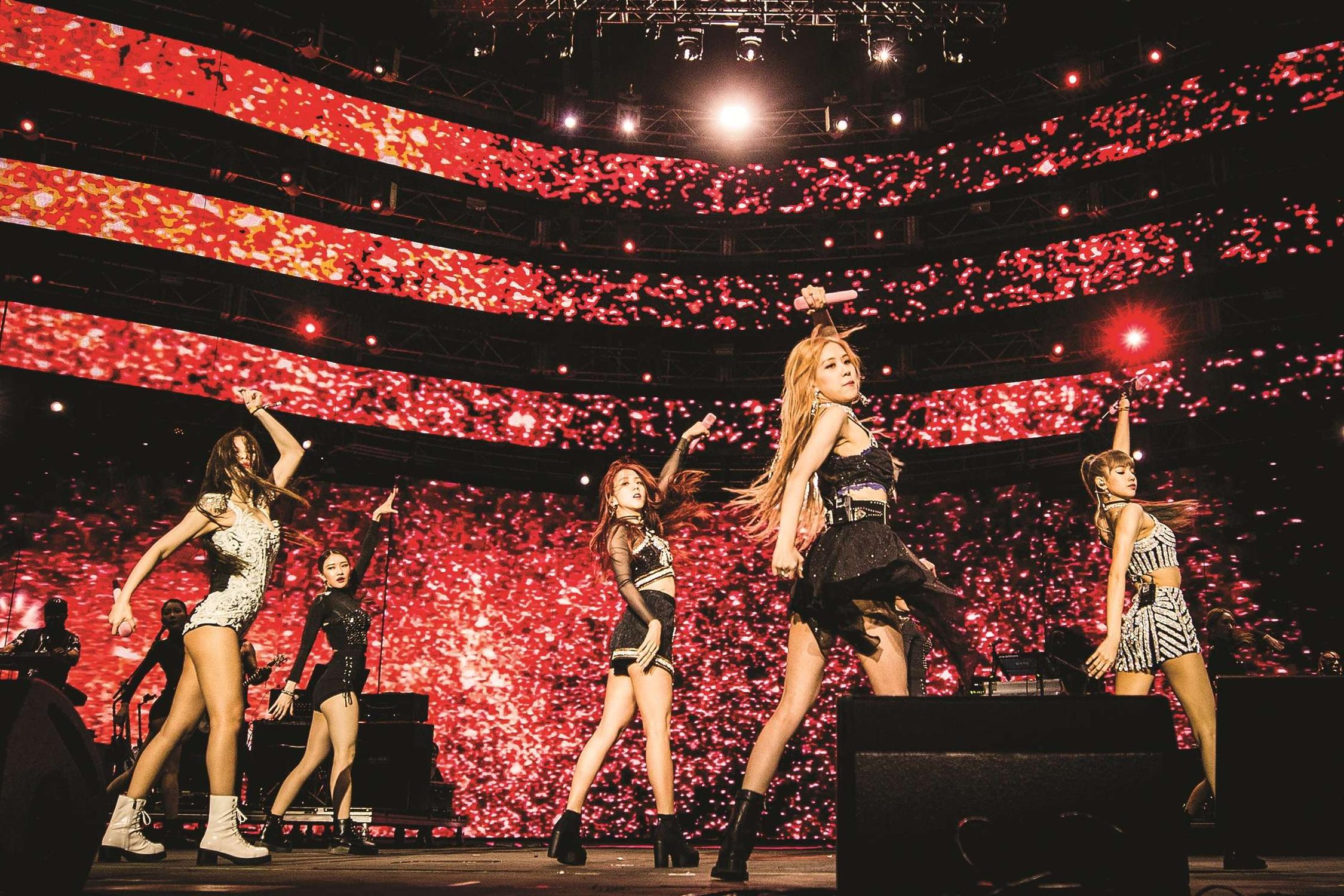Features
Asia News: Woodstock Settles With Dentsu, Committee Fears For Korean Indies, Blackpink
Woodstock Settles With Dentsu
The organizers of Woodstock 50, the fiftieth anniversary of the iconic 1969 rock festival, which never took place, have settled their various legal differences with Dentsu, Japan’s largest advertising agency. Dentsu had been in charge of raising money to finance the festival and unilaterally “cancelled” it, even though the organizers still wanted to go through with it. In the end, the organizers pulled the plug as well, but nevertheless sued the Japanese company.
According to various media, three months ago arbitrators decided that Dentsu had breached its contract with Woodstock 50, which stated that the advertising company, through a related investment firm, would provide the festival with $49 million. Dentsu reportedly is willing to settle all claims, though the amount of the settlement remains confidential. Originally, Woodstock founder Michael Lang and the other organizers accused Dentsu of keeping millions of dollars in revenue owed to the festival when it quit its working relationship with the organizers and then using its considerable PR resources to destroy the festival afterwards.
Dentsu is now chiefly involved in staging the 2020 Tokyo Olympics, which has been postponed until this summer, though the Japanese and international press are increasingly of the opinion that the games will be cancelled sometime this spring. A recent report in the Times of London quoted an anonymous member of Japan’s ruling party as saying that the government has already pretty much decided that the games will be cancelled but is now trying to think of ways of how to break the news. Meanwhile, both the Japanese organizers and the International Olympic Committee insist that the games will proceed as planned.
Committee Fears Korean Indie Collapse
The Korea Times reports that an organization known in English as the Emergency Committee for the Normalization of Live Music, which is made up of representatives of the many indie record labels and production companies active in South Korea, is urging the government to revise its pandemic emergency rules that apply to live music venues. The committee says that if the situation doesn’t change soon, the entire indie music industry will likely collapse.
The core of the emergency directive is the so-called Level 2.5 social distancing rule, which effectively makes it impossible to operate a music venue without seats.
On Feb. 2 the committee released a statement stressing that last year there were no known cases of infections being spread at concerts and that if the government did not relax regulations to allow “small venues [to] welcome more paying customers than now,” these venues would be forced to close permanently. In addition, the statement said that online performances as an alternative are only beneficial “to a small group of people” and cannot be considered a long-term replacement strategy.
Most indie concert venues in Seoul are located in the Hongdae district in the western part of the capital near Hongik University. Three major indie venues have already closed.
The Korea Association of Music Venues on Feb. 1 also released a statement saying, “Due to the prolonged pandemic, small private venues are at risk. Events continue to be cancelled, postponed and cancelled again. We cannot organize shows because of the constantly changing social distancing measures.” The statement also points out that closed venues affect more than just employees of those venues. It also affects ancillary businesses such as lighting, sound and stage facilities.
Singapore Moves To Support Artists
According to Bandwagon, the Music Society of Singapore (SGMUSO) has asked a number of high-profile local artists to help raise money for those in the music business who are struggling under the COVID crackdown.
The Society released a video on Jan. 26 featuring Singaporean musicians Taufik Batisah, Joanna Dong, Sheikh Haikel, Shabir, Haneri, The Freshman and popular DJ Jean Danker to urge viewers to help employees of music-related companies by donating to the Musician Support Fund, whose goal is to raise S$1 million ($750,000) by the end of 2021.
The money will cover musicians’ essential living costs, remunerate livestream beneficiaries and bands performing on livestreamed shows, and help fund the continued development of musical skills in the community. The fund will also provide “mental health and wellness support” to those who need such assistance.
The fund is supported by the government, which added in a statement that it is “notable as it not only provides monetary assistance to musicians, but also helps in wellness and mental health support for those in need…This is one way we can remain sustainable, so please support the community.”
Blackpink Strikes Gold

– BlackPink On Red:
Blackpink took on one of the U.S.’s largest festivals when it played Coachella Valley Music & Arts festival April 12. The group visited North America, Europe, Australia and Asia on its 2019 world tour.
According to news site Soompi, all-female K-pop group Blackpink’s first-ever virtual concert, which took place Jan. 31, was a huge success. Soompi reports that the YouTube-exclusive 90-minute concert attracted 280,000 views (not including China) and brought in an estimated $10.5 million, with ticket prices going for between $30 and $40. It was essentially the equivalent of 5 stadium concerts.
The concert eschewed flashy tech glitter, favoring instead a conventional concert setting with a live band and all four members singing their hits, as well as a few solo turns. The band was considered as much a feature of the livestream as the singers were.